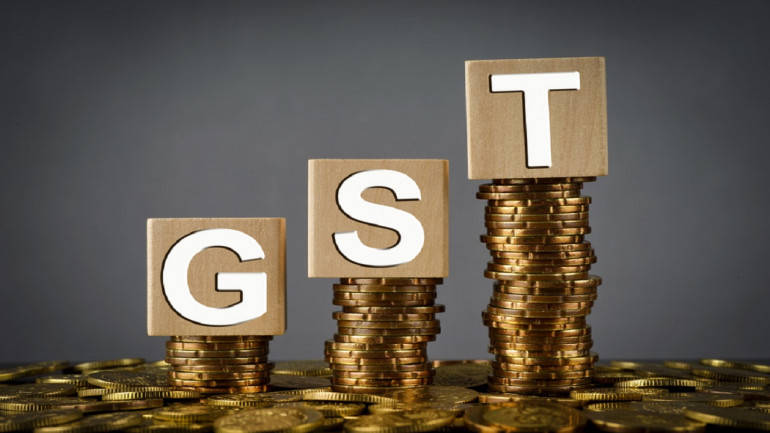All eyes will be on the World Bank’s latest Doing Business Report on October 31 with the government hopeful of a big jump in rankings driven by the rollout of goods and services tax (GST) and the Insolvency and the Bankruptcy Code. A higher rank for India this year is expected to boost investor confidence and will also come ahead of the assembly elections in five states—Chhattisgarh, Madhya Pradesh, Mizoram, Rajasthan and Telangana— scheduled in November-December as well as ahead of the crucial Lok Sabha elections, 2019. India had set a target of achieving a rank of 90 in 2019 (this year’s report that factors in policy changes till June 2018) and to 30 by 2030. India was among the top 50 countries in three parameters —fourth position in protecting minority investors, 29th in getting electricity and credit. However, it lag in certain parameters and was ranked among the worst in dealing with construction permits, resolving insolvency, registering property, trading across borders, paying taxes and enforcing contracts. The Modi-government has vowed to turn India into an investors’ darling by removing bureaucratic sloth, eliminating red tape and reversing the country’s image as a dodgy place to do business. It launched a string of signature initiatives such as Make in India and brought about significant legislative changes including a modern Insolvency and Bankruptcy Code.
Ease of Doing Business report on Oct 31; govt hopeful of jump in rankings aided by GST, Insolvency Code

